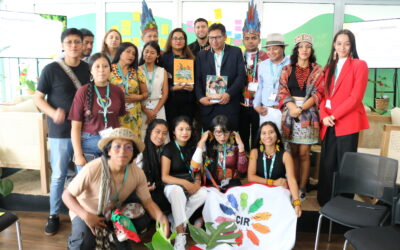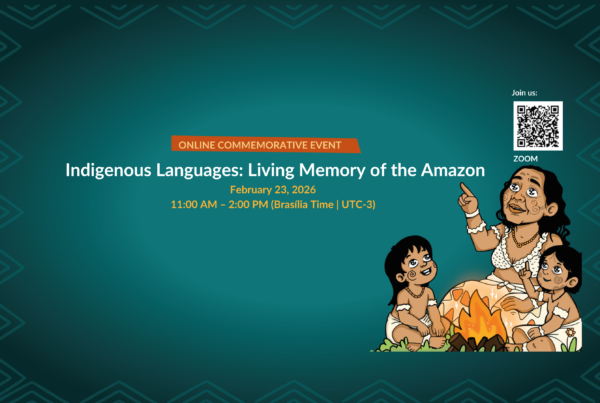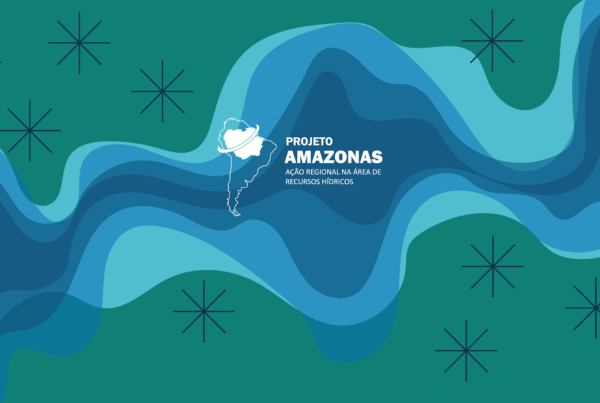Cali, Colombia, October 23, 2024 – Today, the event “Guardians of the Amazon: Addressing Climate Change and Water Sustainability” took place, an initiative aimed at fostering dialogue between Indigenous representatives from the Amazon Basin and raising awareness about the impact of climate change on the region’s water resources.
The gathering brought together young Indigenous leaders from Venezuela, Peru, Brazil, Colombia, and Ecuador to share successful practices and incorporate their traditional knowledge into public policy.
During the event, innovative solutions for sustainable water management were shared, underscoring the importance of ancestral wisdom.
OTCA’s climate change coordinator, Rathna Kewal, explained that the event seeks to document and strengthen traditional knowledge and put strategies into practice that can be integrated into global decision-making. “The goal is to empower the voices of the Amazon and ensure that their wisdom is reflected in international climate policies,” she stated.
At the opening, a video presented testimonies from Indigenous men and women from the Brazilian Amazon, who spoke about the deep connection between rivers, culture, and life in their communities. The video served as a starting point for a crucial conversation on how bodies of water sustain not only physical life but also the spiritual and cultural life of Amazonian peoples.
The event was divided into two interactive sessions where participants responded to key questions about the climate phenomena they have observed and the adaptation strategies they have developed.
In the first session, the responses painted a concerning picture of climate impacts in the Amazon region, from deforestation and prolonged droughts to the loss of native species and the forced migration of communities. Participants highlighted how these phenomena are disrupting the ecological balance and affecting their food, cultural, and spiritual security.
In the second session, participants identified adaptation mechanisms developed by their communities. These include reforestation with native species, the revitalization of ancestral knowledge, and the creation of early warning systems to mitigate climate change effects. Additionally, they emphasized the need to strengthen environmental education and Indigenous territorial rights.
The young Indigenous participants also shared a series of adaptation strategies based on ancestral knowledge, such as the collection and preservation of native seeds, reforestation with medicinal species, and strengthening traditional agricultural systems. The importance of intergenerational dialogues to preserve and revitalize knowledge about climate change and adaptation was also emphasized.
Key Statements
At the close of the event, Guzmán Carrillo, coordinator of the Latin American and Caribbean Indigenous Youth Network, emphasized the need to support youth initiatives in Indigenous territories: “It is essential that we, the youth, receive support to strengthen the resilience of our communities and ensure that our voices are heard in decision-making spaces,” he stated.
Gabriel Joaquín, an Indigenous leader of the Pasto people, stressed the importance of strengthening regional cooperation for managing water conservation and expressed, “Water management must be collective to ensure the life of the people and the protection of the Amazon forest.”
Next Steps
The OTCA reaffirmed its commitment to continue promoting dialogue spaces to bring visibility to Indigenous knowledge and consolidate climate adaptation strategies in the Amazon region. It was announced that further meetings will be held in the future to delve deeper into Indigenous proposals and formalize their inclusion in public policies.



